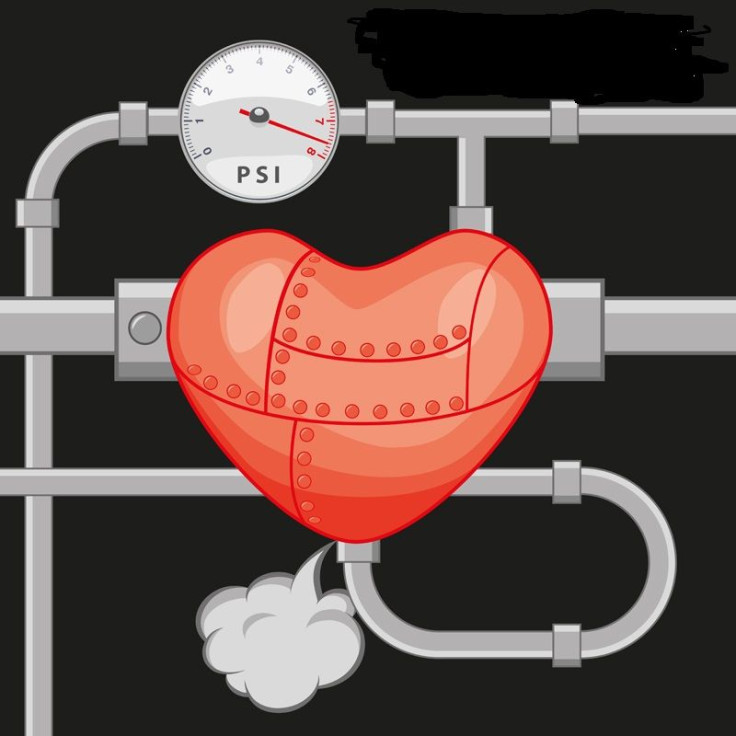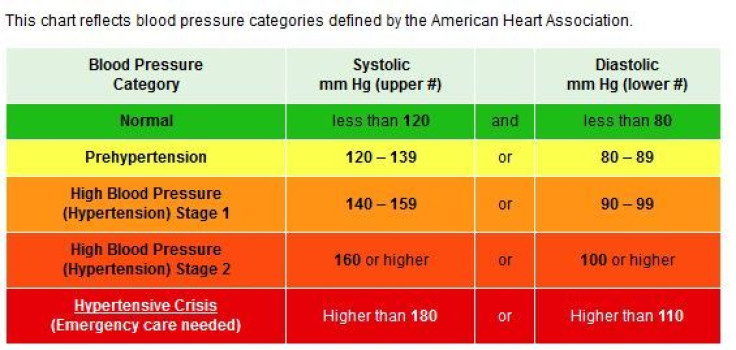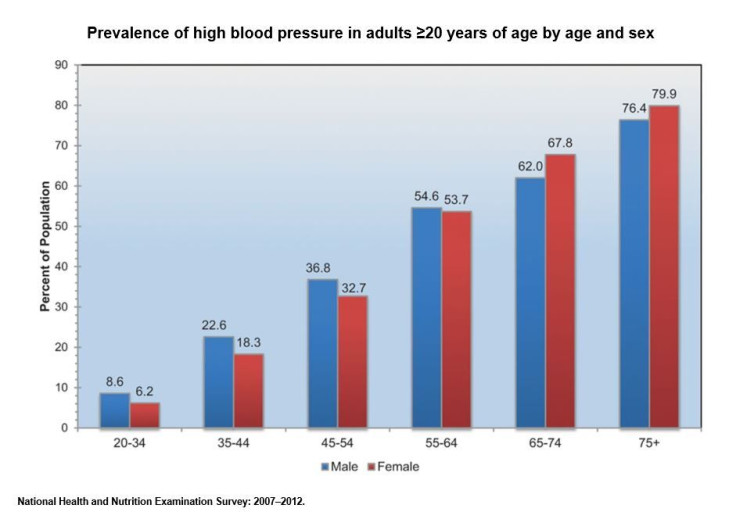What Causes High Blood Pressure: The Unexpected And The Strange

About 78 million adults in the United States have high blood pressure, the American Heart Association tells us, leading to health problems, when uncontrolled for too long, including strokes. Worldwide, raised pressure, also known as hypertension, causes about 7.5 million deaths by World Health Organization estimates, which amounts to nearly 13 percent of all deaths.
While you’ve probably had your blood pressure taken (and may even remember the numbers), what you might not know is what those numbers mean exactly and what constitutes both the normal and high ranges. Blood carries oxygen through your body as it travels a highway of arteries and veins. Each time the heart beats, it pushes blood along the body’s tube-shaped highways, a network including blood vessels and capillaries. Blood pressure, then, is a measurement of the two forces involved when blood pushes against the walls of the arteries. The first force occurs as blood splashes out of the heart and into the arteries, while the second occurs when the heart rests between beats.
“Systolic” is the measurement of force of blood when the heart beats, while “diastolic” is the measurement of force while the heart is at rest. Systolic is the top number, higher of the two numbers which are commonly expressed in ratio form and spoken aloud as, for example, “120 over 80.” See chart below for normal and high ranges.

If the force of the blood flow is too high, artery walls become stretched and damaged, causing weakness in the blood vessels. In turn, this weakness means the vessels are more prone to rupture or tiny tears that leave scar tissue on the walls of arteries and veins, increasing the risk of blockage. In the end, these various factors may lead to heart strain, aneurisms, stroke, and even heart attacks.
10 Common & 3 Unusual Causes
So what causes hypertension? Being overweight and lack of exercise rank among the top 10 answers given by the American Heart Association. A diet that's too high in calories, fats, and sugars would be another common reason cited, while too much salt would have to be a separate category as too much sodium is especially harmful to blood pressure. Reasons five and six would be too much booze and cigarettes — once again your mom is right. Getting older, a family history of high blood pressure, and race/ethnicity all enter into the picture: More than 40 percent of African-Americans have high blood pressure. One final reason would be gender. More men than women have hypertension until age 45; between 45 and 64 the numbers are the same, and after age 65, more women than men will have high blood pressure.
While these are the mainstream answers, there are also a few unusual reasons why a blood pressure reading may register as high. The first would be talking on your cell phone while the cuff is on your arm. According to recent research, taking a cell phone call was found to cause immediate spikes in blood pressure among participants. In fact, the mere act of talking while your blood pressure is being monitored can skew the results, so researchers say you'd be better off texting.
Another bizarre reason for high blood pressure is the simple presence of a doctor. A University of Exeter Medical School study found recordings taken by doctors are significantly higher than when the same patients are tested by nurses. While the “white coat effect” has been noticed before, this most recent study of the phenomenon is comprehensive, spanning 10 countries and hundreds of patients.
Finally, medications, including over-the-counter pain relievers, could cause a rise in your pressure. Everything from contraceptive pills to anti-depressants, from bacterial antibiotics to ibuprofen were found to escalate pressure in a recent study conducted by researchers at Tel Aviv University. Since this risk exists, patients would be wise to monitor their medications and take only the drugs they absolutely need to maintain good health.
So what’s the real message behind this recitation of both the common and the bizarre reasons why your pressure may be high? Well, first, it is important to know that blood pressure should never be read just once; anyone can have a temporary and unusual spike due to some extraneous factor, including a lurking doctor or the sudden ring of a cell phone, so it is best to take frequent readings and truly monitor the trend. Secondly, you should also consider blood pressure as a personal health statistic that needs to be monitored not by your doctor but by you. A reading when you're young and healthy serves as a good benchmark. Later, as you age, you might begin to make changes in your diet and exercise in order to keep those numbers as low as possible. Health depends to a large extent on you.




























